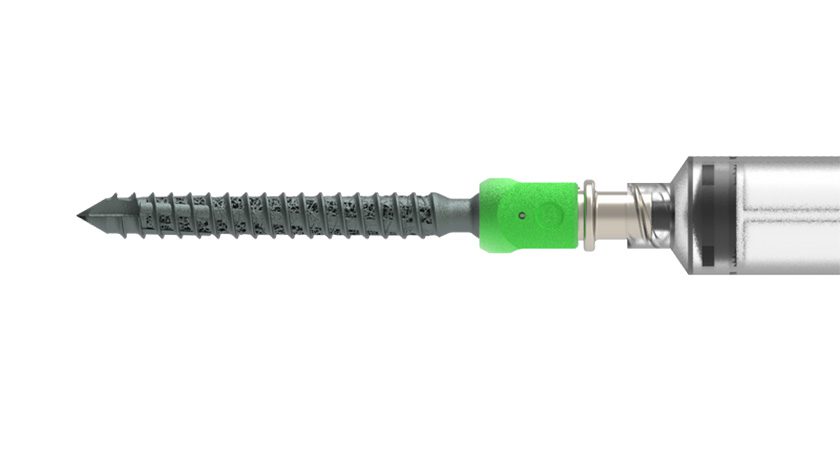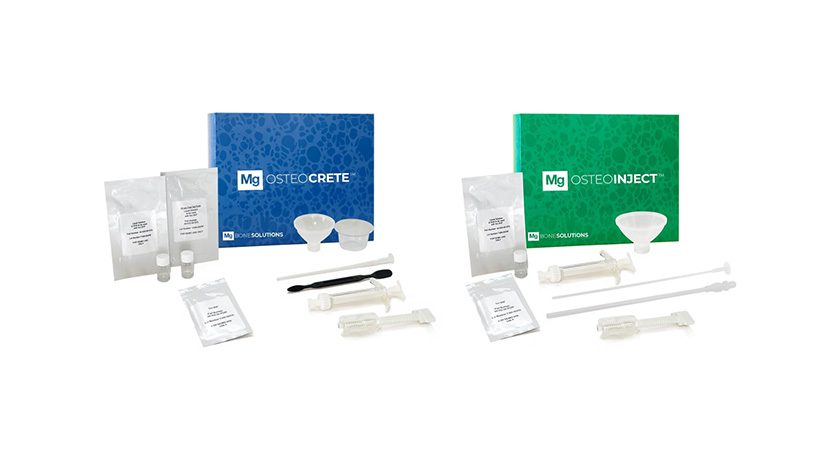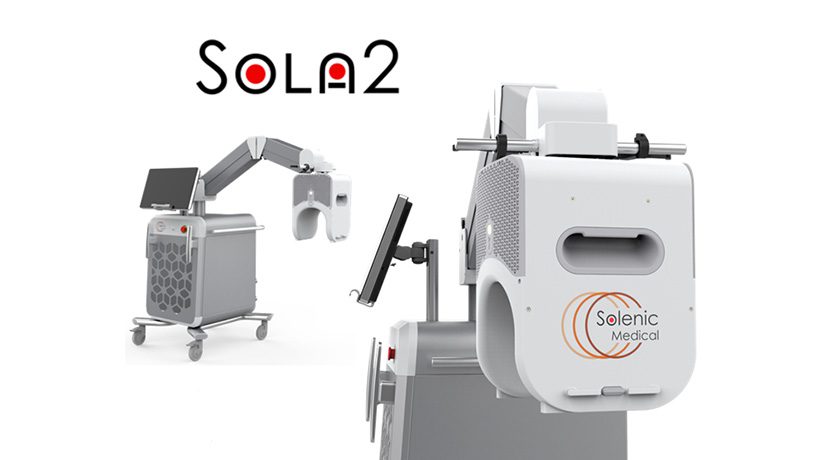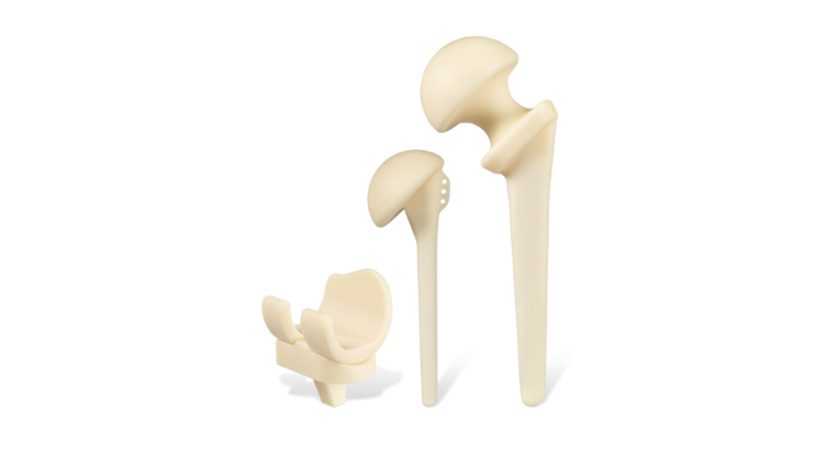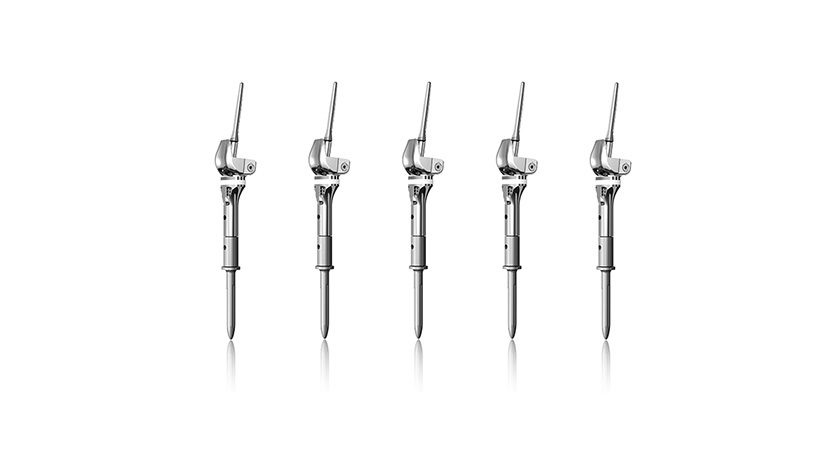

 Copy to clipboard
Copy to clipboard 
In August 2025, aap Implantate successfully completed the surface technology human clinical study co-funded by the German Federal Ministry of Education and Research, which was conducted at 13 leading German clinical centers. The study results achieved meet the set goals with regard to the demonstration of safety and equivalence with the existing implant standard. Positive effects have also been demonstrated in implants treated with aap’s antibacterial surface technology. The statistical analyses and the study report are expected by the end of 2025, so that the study results are expected to be published in 2026 and presented at specialist conferences.
This successful completion has marked a significant milestone in the new technology and reduced the risk to technological development, allowing the company to fully focus on the approval of the first product group. The aim is to approve antibacterial plates and screws for the treatment of ankle fractures, as ankle injuries are very common.
Currently, the European CE Mark approval as well as US FDA approval are being advanced. In addition, approval in China is planned together with the Chinese partner Youshi Medical. Due to the novelty of the technology and the considerable delays in approvals due to the implementation of the MDR Directive in Europe, the company cautiously expects an initial approval from 2028 and thus first sales.
The sales potential is considered to be very high, as the products can be used preventively in any surgery or for high-risk patients and there is therefore a need to keep them available in clinical care. This development is driven by the potential savings for each infection prevented. As the number of post-operative infections is increasing worldwide and antibiotic resistance is also increasing, aap expects high interest in its innovative antibacterial surface technology. This is also driven by increasing cost pressure in the healthcare sector.
aap will have to raise funds on the market to finance the investments in the approval and industrialization of the technology, whereby early license sales could also contribute to this. Furthermore, aap is considering options to enable investments directly in its antibacterial surface technology. The company has already prepared a corresponding structure.
Source: aap Implantate AG
In August 2025, aap Implantate successfully completed the surface technology human clinical study co-funded by the German Federal Ministry of Education and Research, which was conducted at 13 leading German clinical centers. The study results achieved meet the set goals with regard to the demonstration of safety and equivalence with the...
In August 2025, aap Implantate successfully completed the surface technology human clinical study co-funded by the German Federal Ministry of Education and Research, which was conducted at 13 leading German clinical centers. The study results achieved meet the set goals with regard to the demonstration of safety and equivalence with the existing implant standard. Positive effects have also been demonstrated in implants treated with aap’s antibacterial surface technology. The statistical analyses and the study report are expected by the end of 2025, so that the study results are expected to be published in 2026 and presented at specialist conferences.
This successful completion has marked a significant milestone in the new technology and reduced the risk to technological development, allowing the company to fully focus on the approval of the first product group. The aim is to approve antibacterial plates and screws for the treatment of ankle fractures, as ankle injuries are very common.
Currently, the European CE Mark approval as well as US FDA approval are being advanced. In addition, approval in China is planned together with the Chinese partner Youshi Medical. Due to the novelty of the technology and the considerable delays in approvals due to the implementation of the MDR Directive in Europe, the company cautiously expects an initial approval from 2028 and thus first sales.
The sales potential is considered to be very high, as the products can be used preventively in any surgery or for high-risk patients and there is therefore a need to keep them available in clinical care. This development is driven by the potential savings for each infection prevented. As the number of post-operative infections is increasing worldwide and antibiotic resistance is also increasing, aap expects high interest in its innovative antibacterial surface technology. This is also driven by increasing cost pressure in the healthcare sector.
aap will have to raise funds on the market to finance the investments in the approval and industrialization of the technology, whereby early license sales could also contribute to this. Furthermore, aap is considering options to enable investments directly in its antibacterial surface technology. The company has already prepared a corresponding structure.
Source: aap Implantate AG

You’ve reached your limit.
We’re glad you’re finding value in our content — and we’d love for you to keep going.
Subscribe now for unlimited access to orthopedic business intelligence.
JV
Julie Vetalice is ORTHOWORLD's Editorial Assistant. She has covered the orthopedic industry for over 20 years, having joined the company in 1999.


